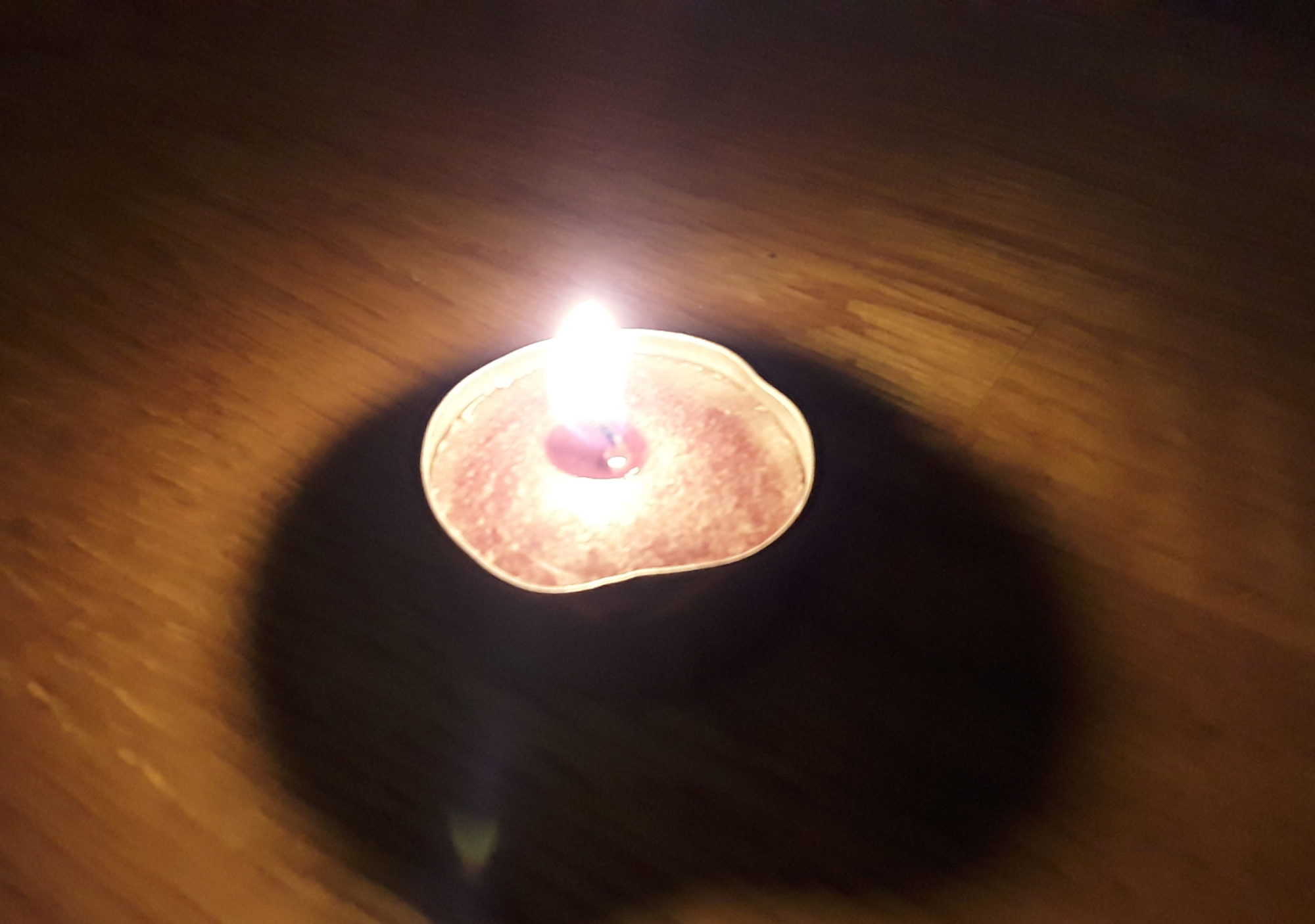Valentine’s Day. The day of St. Valentine. Cupid. Galentine’s Day (for those who do not have a significant other and are of the female part of society). While many feasts days of the saints have become increasingly neglected and forgotten Valentine’s Day continues on. Saint Valentine or Valentinus of Rome who is believed to have been martyred for performing marriages to soldiers who were forbidden to marry. This day, in my humble opinion, should be day that celebrates love. Love between men and women, men and men, women and women, in families, in friendship, in well being to perfect strangers. Today we often celebrate the romantic love, but neglect all the other forms of love that exist. Several months ago over Christmas I watched, as I rematch every year “Love Actually” which is a British film about love and all the forms that it can take in life. Although I continue to watch it at Christmastime, I enjoy taking a few moments to reflect on it at this time of year. When the nights are dark, the temperatures are cold, and it can seem like there is not much to make the world a bright and warm place. “Love is all around us” and that makes things better, so please do not let contemporary traditions take away what there is to celebrate, or to diminish such a holy day as this. Spread the love.
“Love is All Around” by Reg Presley
I feel it in my fingers, I feel it in my toes
Love is all around me and so the feeling grows
It is written on the wind, it’s everywhere I go
So if you really love me, come on and let it show
You know I love you, I always will
My mind’s made up by the way that I feel
There’s no beginning, there be no end
‘Cause on my love, you can depend
I see your face before me as I lay on my bed
I kind a get to thinkin’ of all the things you said
You gave your promise to me and I gave mine to you
I need someone beside me in everything I do
You know I love you, I always will
My mind’s made up by the way that I feel
There’s no beginning, there be no end
‘Cause on my love, you can depend
It is written on the wind, it’s everywhere I go
So if you really love me, come on and let it show
Come on and let it show, come on and let it show
Come on and let it show, come on and let it show
Come on and let it show
